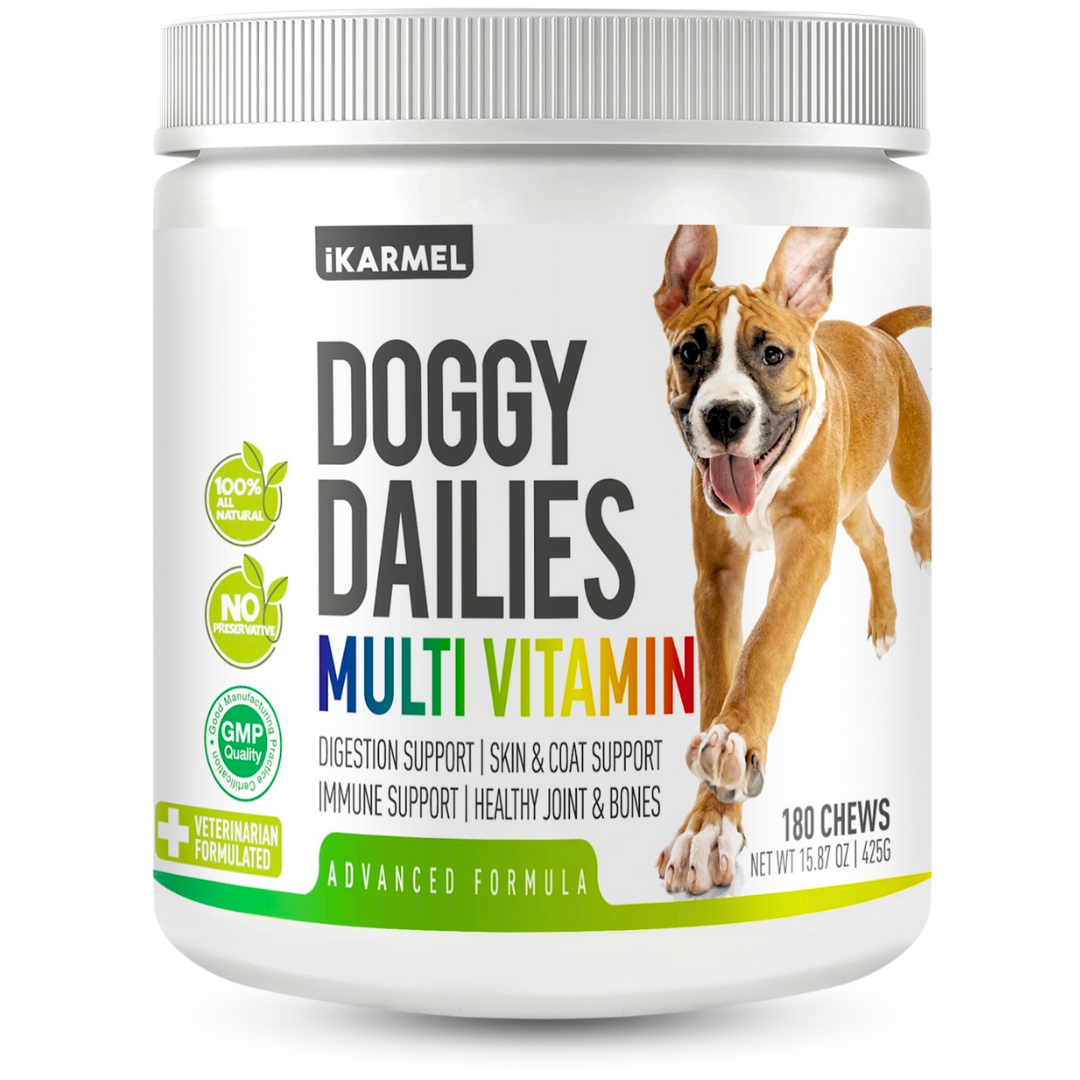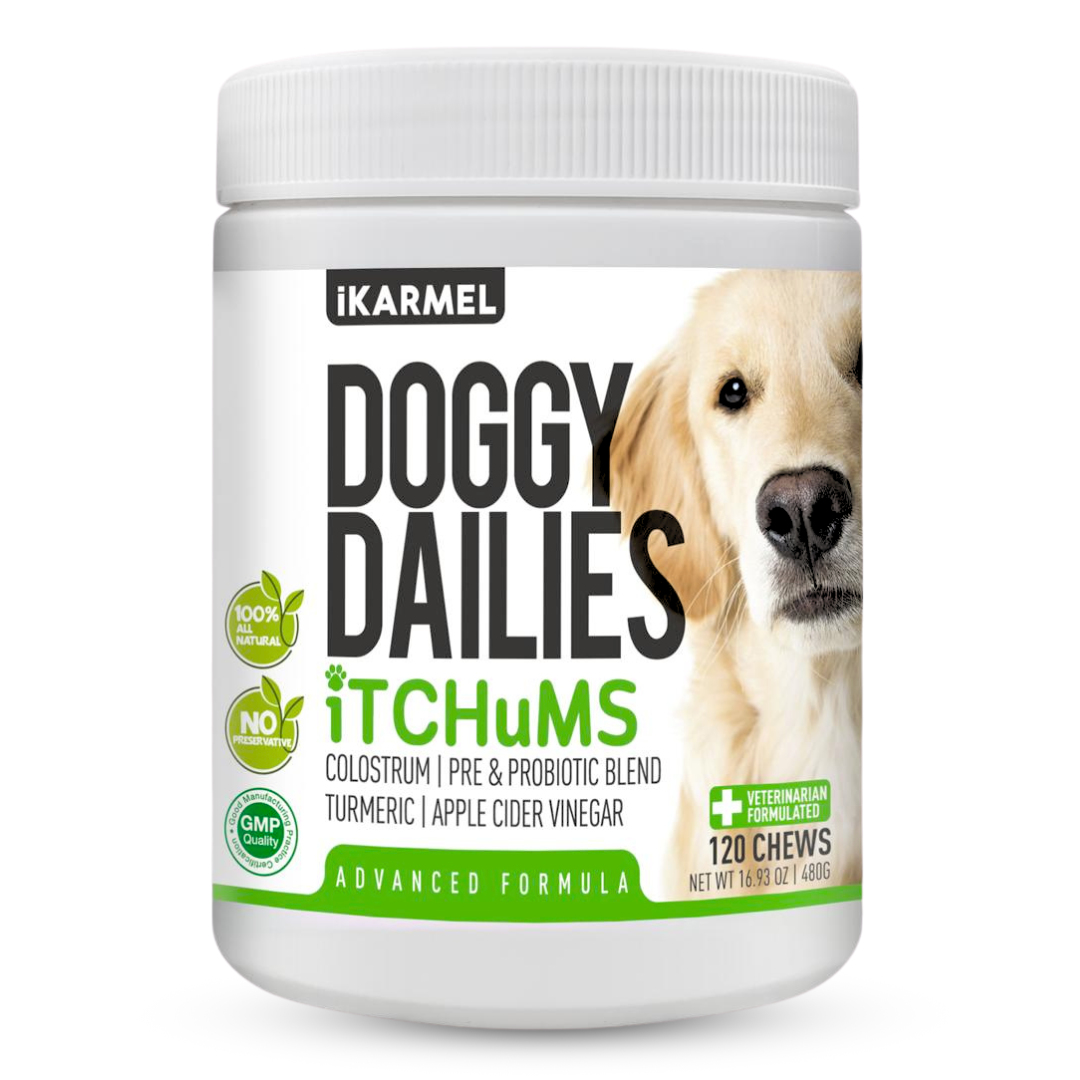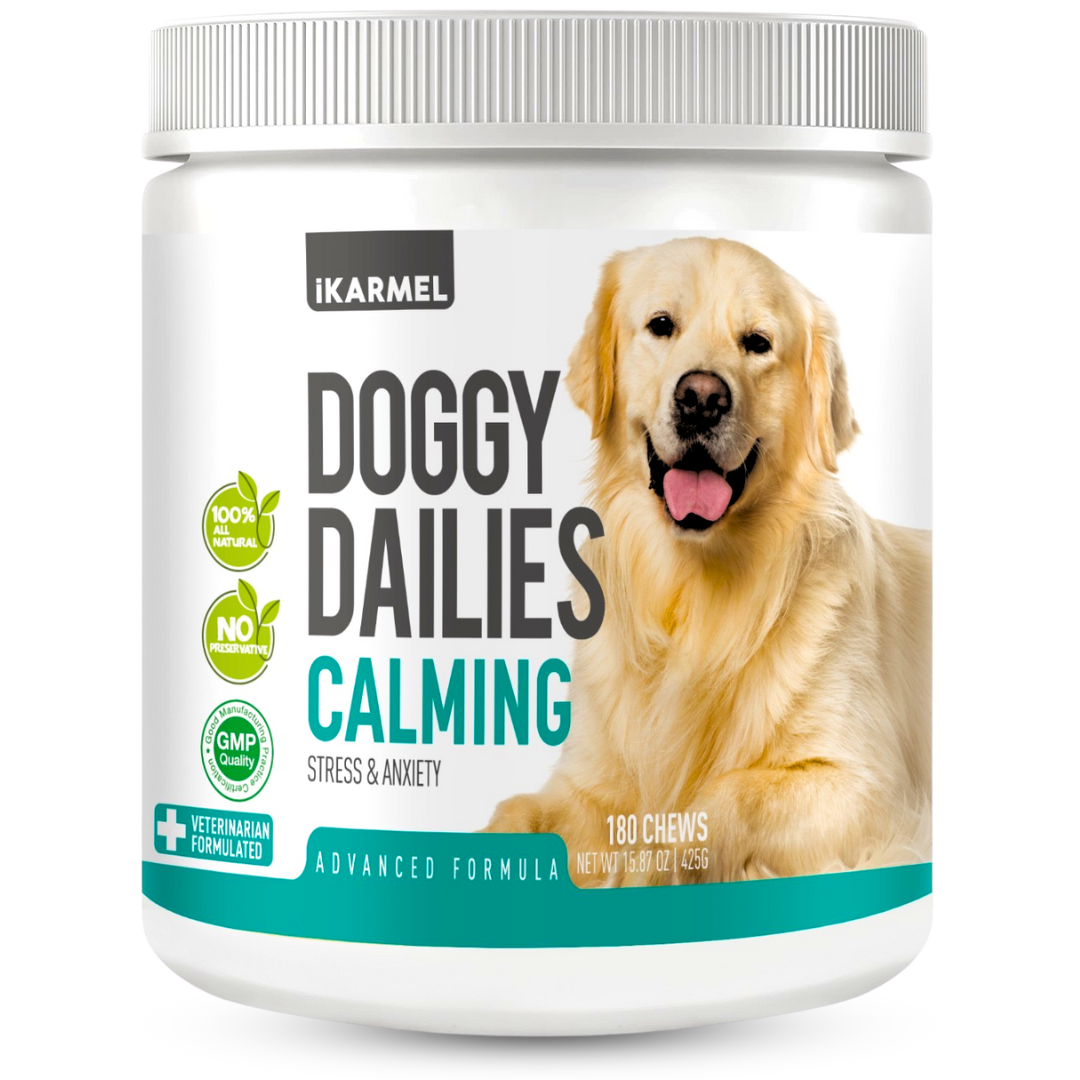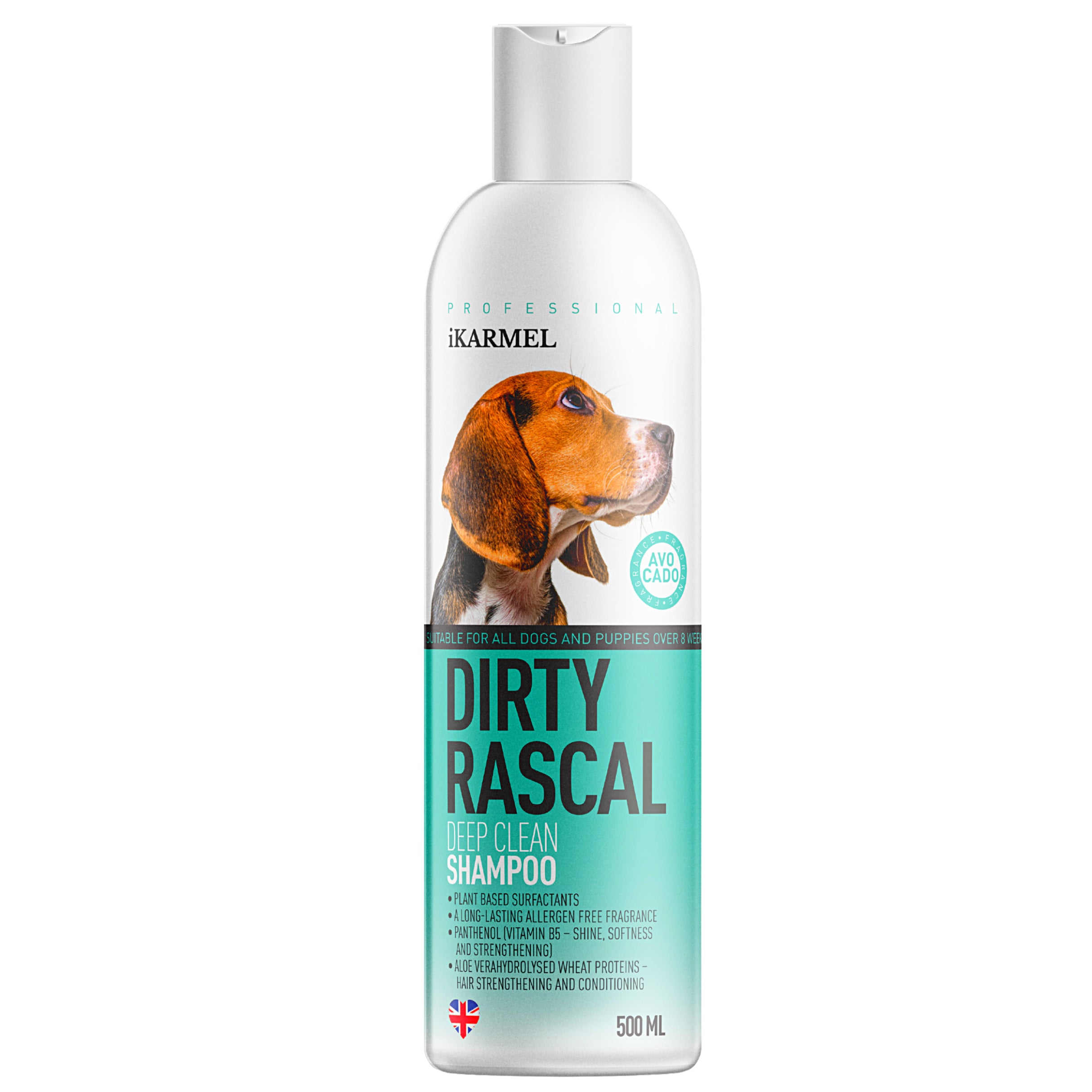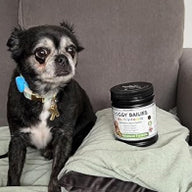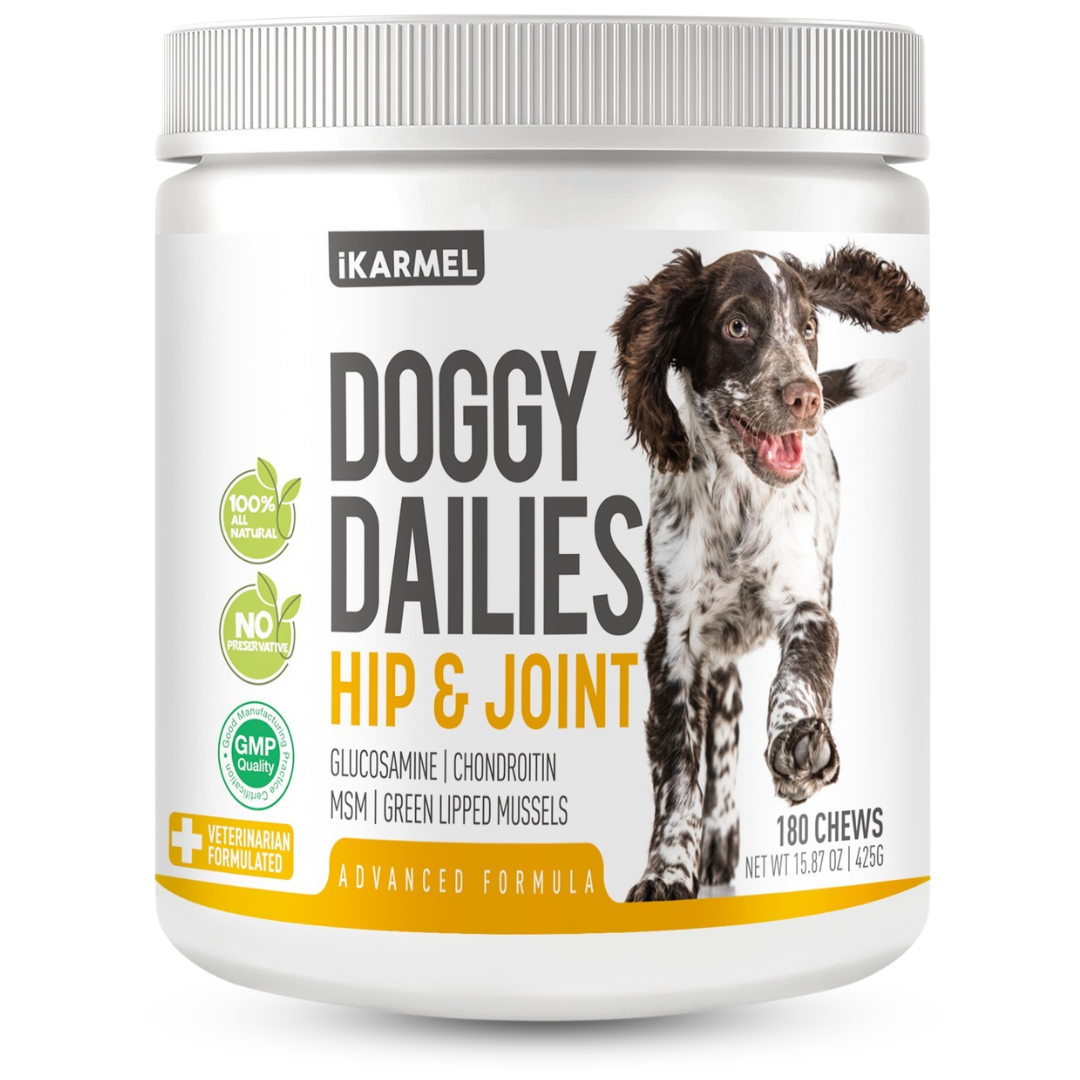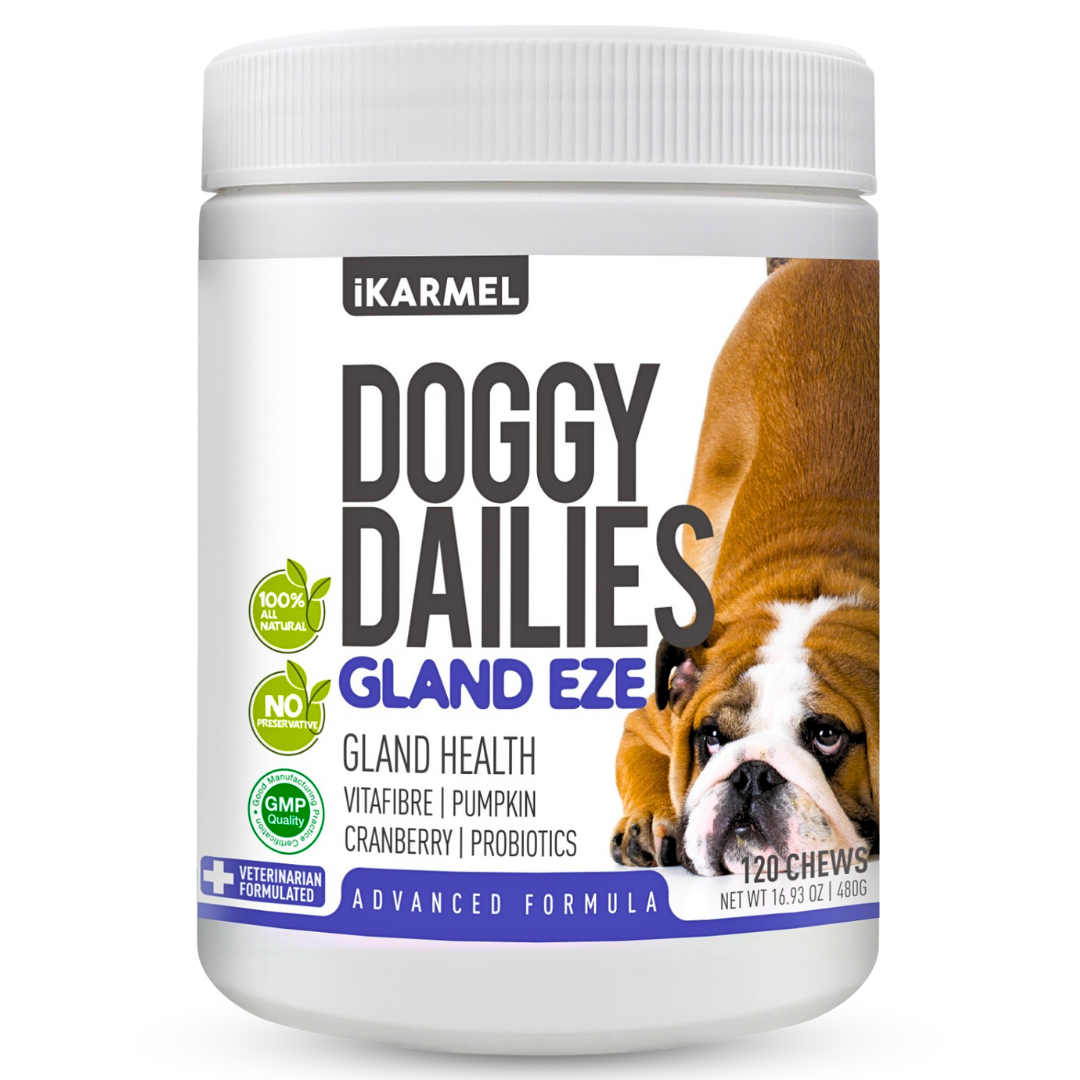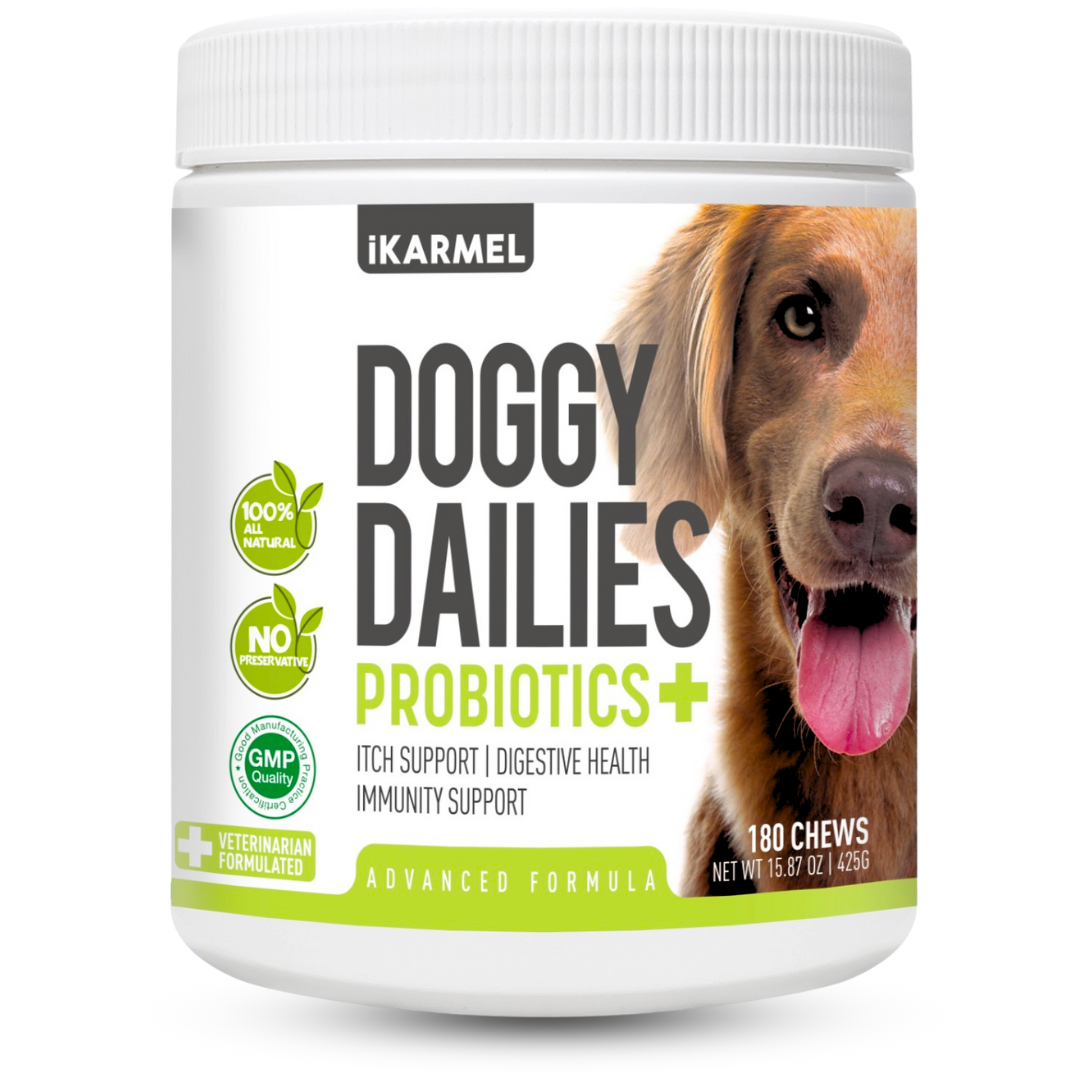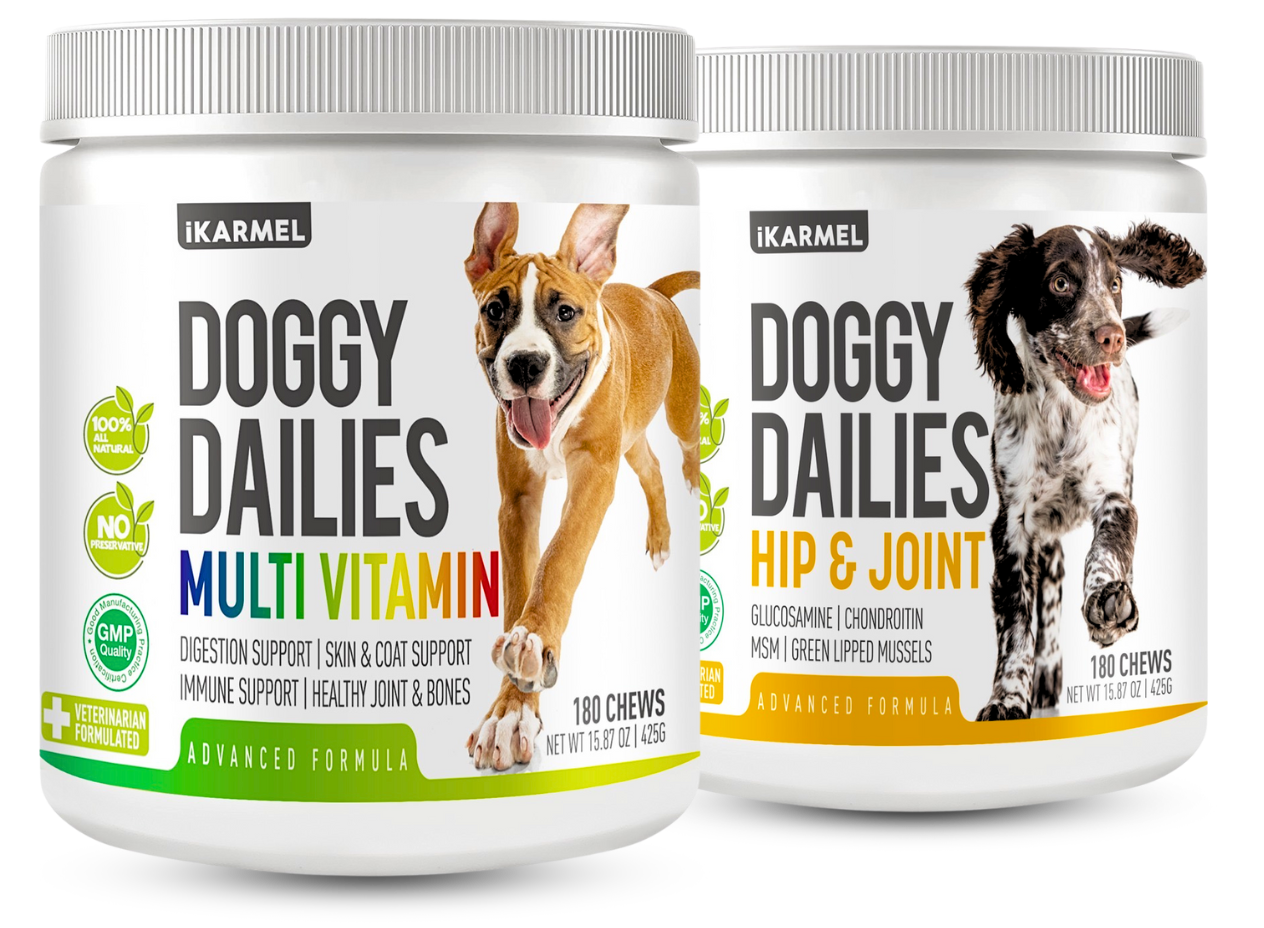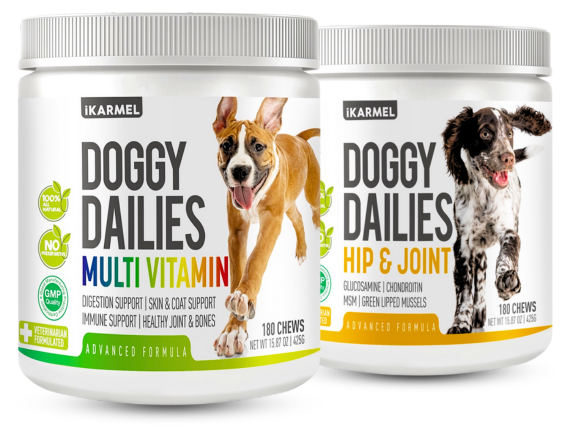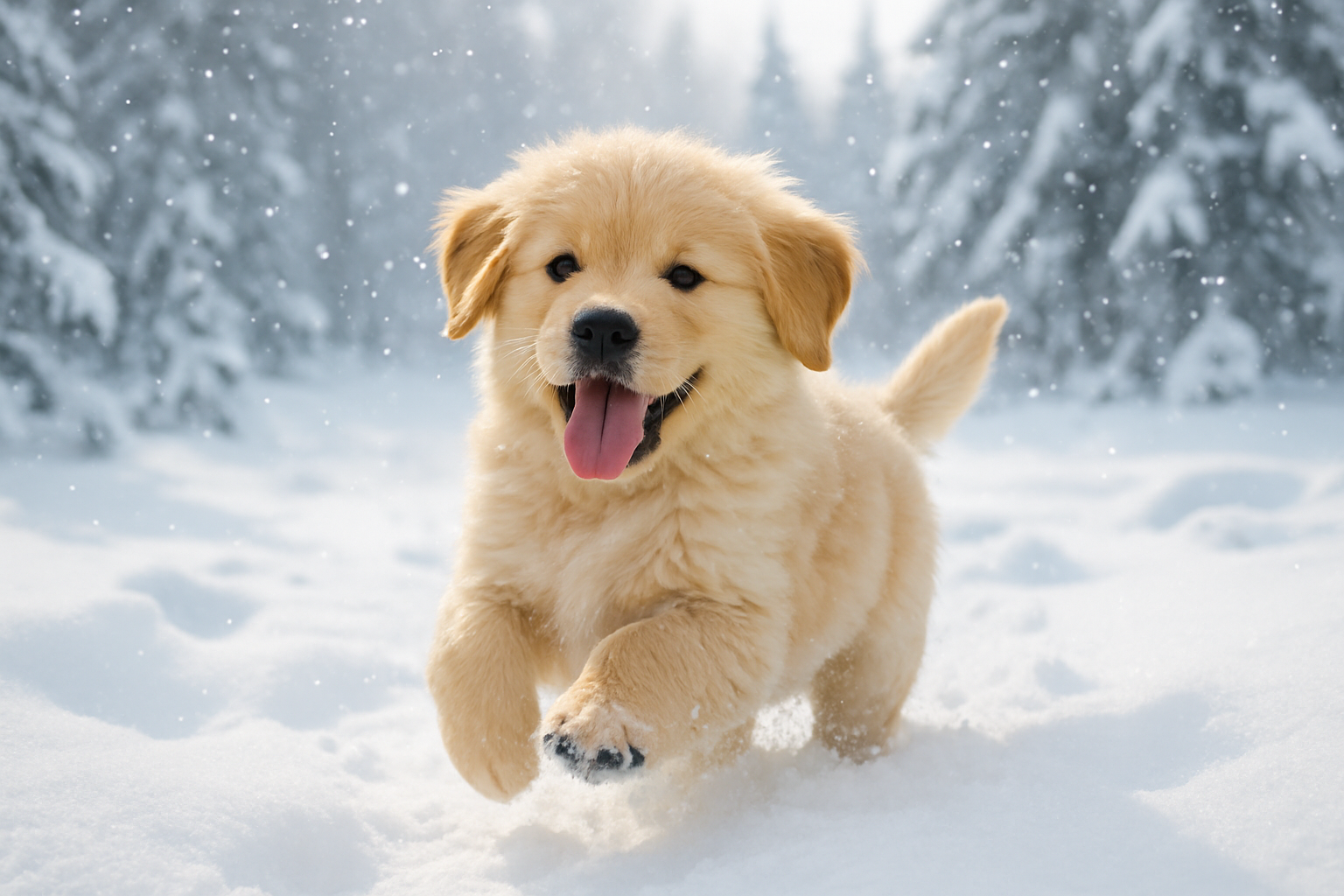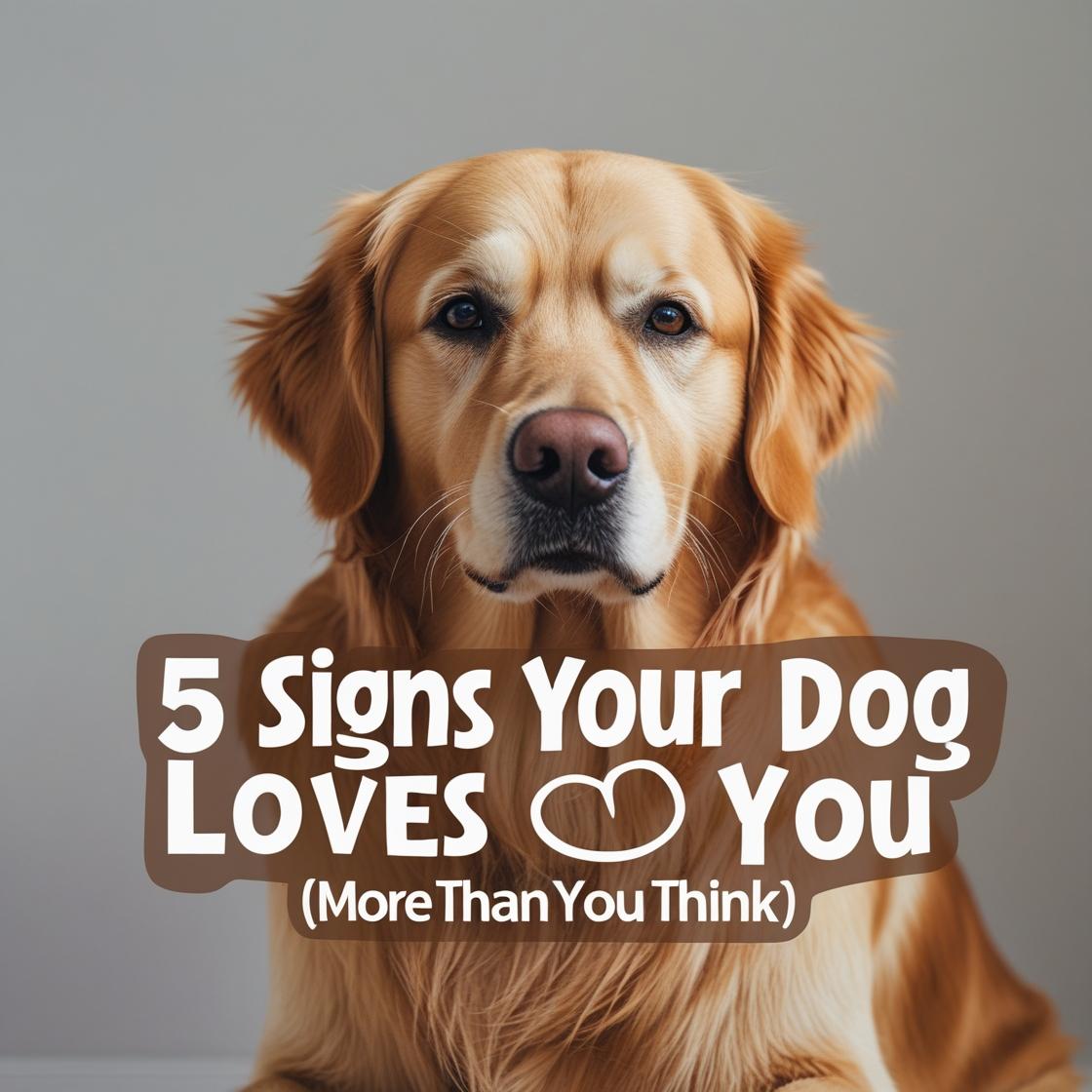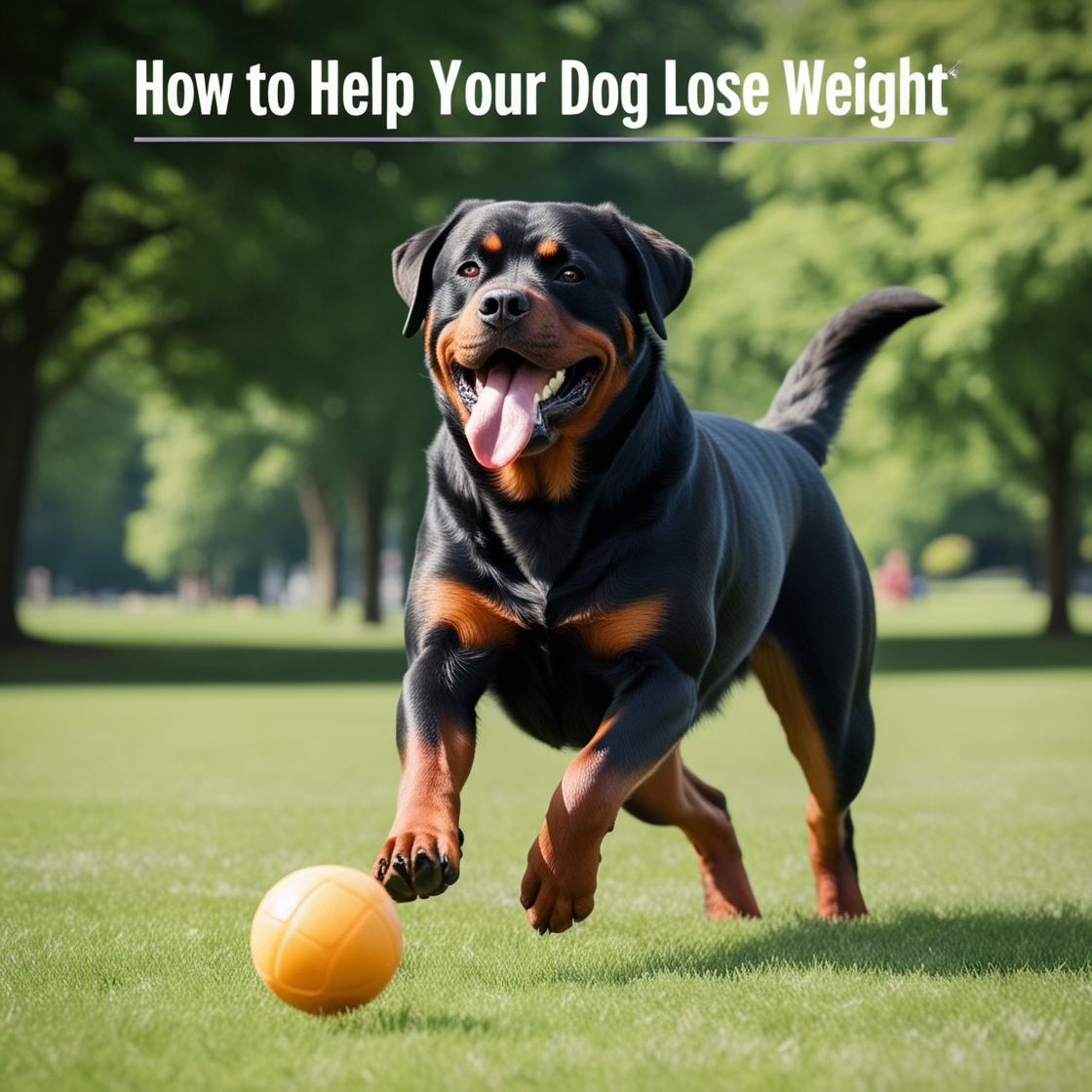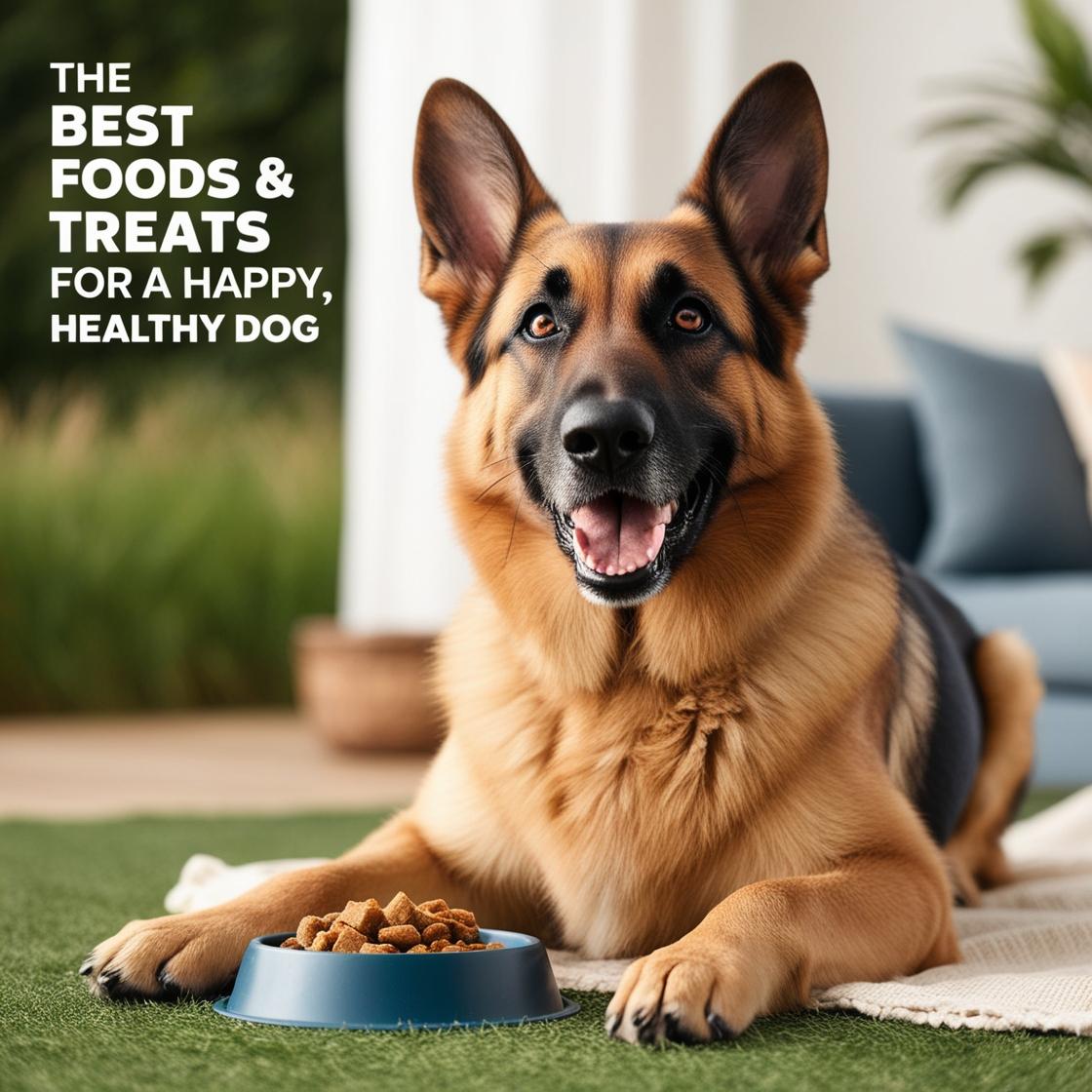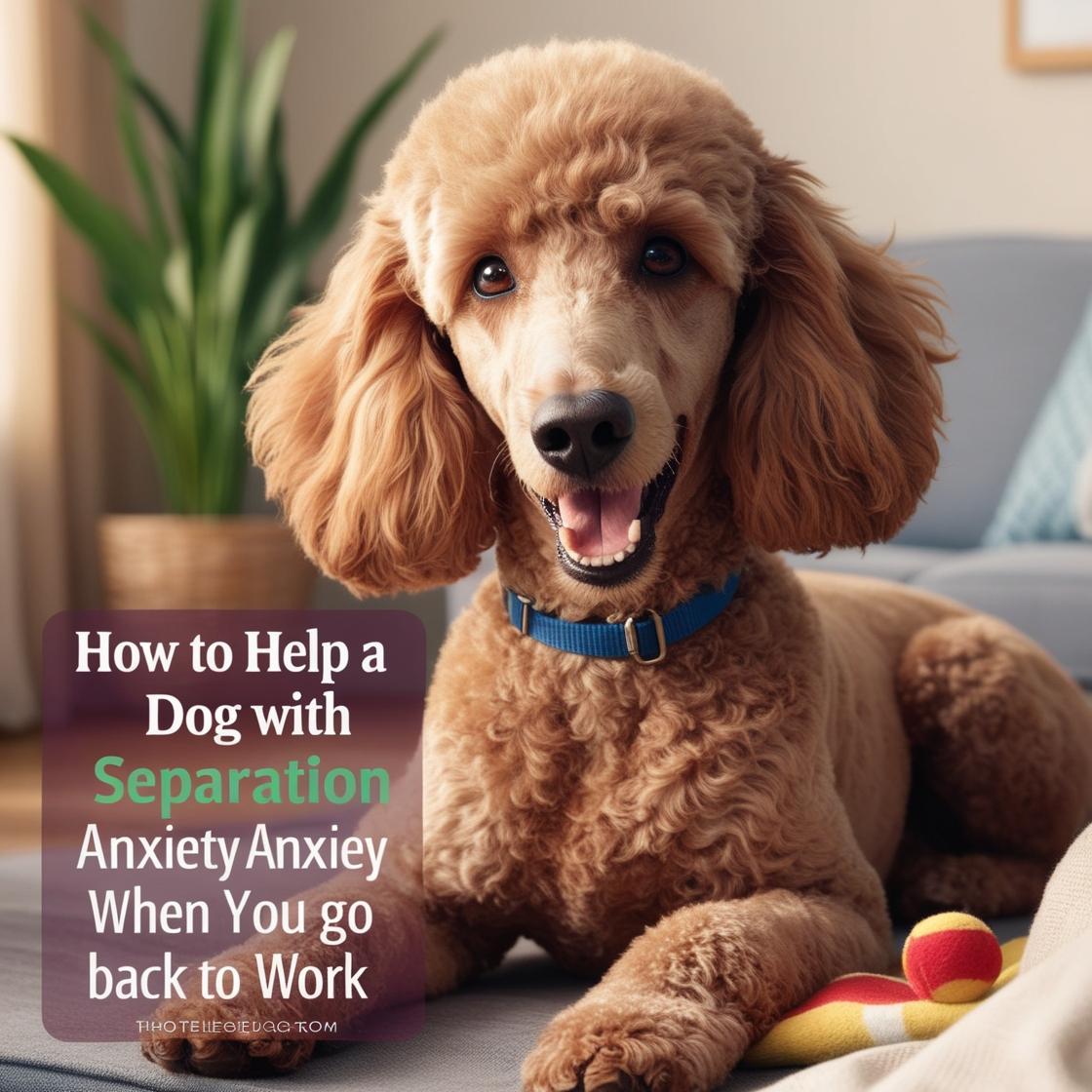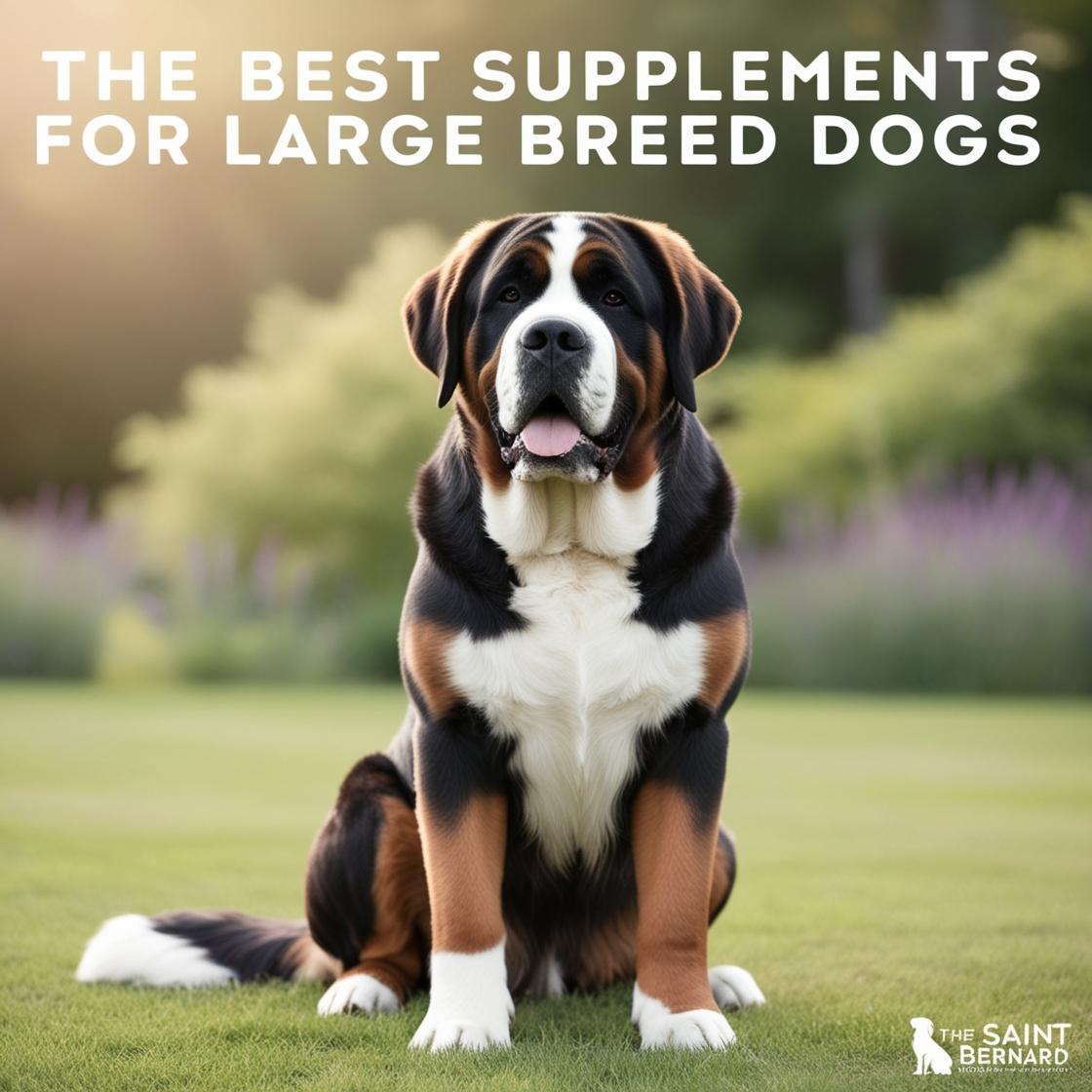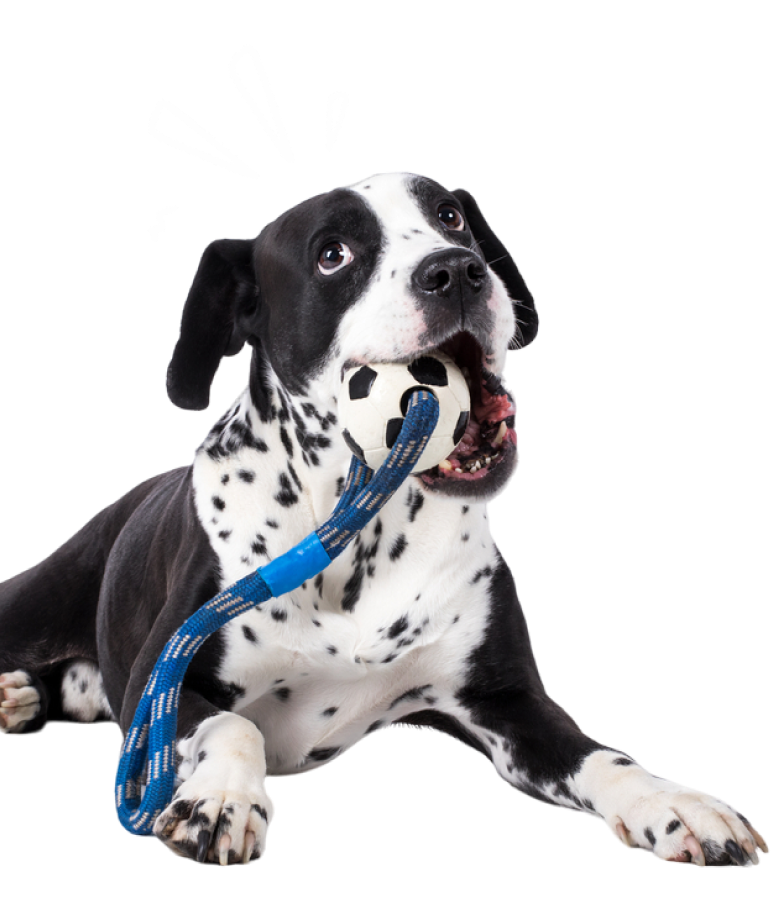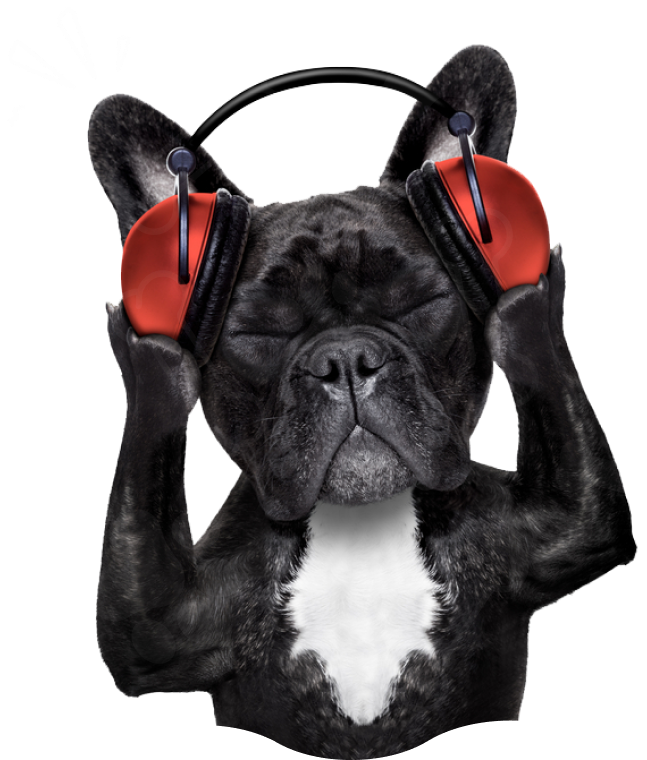Why Is My Dog Scooting? Signs, Causes, and Natural Anal Gland Support
What Does 'Dog Scooting' Mean?
Ever caught your dog dragging their bottom across the floor and asked yourself, "Why is my dog scooting?" You’re not alone. Scooting is a common yet often misunderstood behaviour in dogs where they rub or drag their hindquarters along the ground, usually in response to irritation or discomfort around the rear.
While the occasional scoot might not be cause for alarm (especially after a trip outside or a messy bathroom visit), frequent or intense scooting is usually a sign that something’s wrong. It may point to impacted anal glands, an allergic reaction, skin irritation, or even a parasite issue. Left unaddressed, these problems can cause ongoing discomfort and lead to more serious health concerns.
Understanding the root cause is key to helping your dog feel comfortable again—and ensuring they’re not leaving any unwelcome surprises on your carpet!
Common Causes of Dog Scooting
Impacted or Infected Anal Glands
One of the most common dog scooting causes is trouble with the anal sacs. These are two small scent glands located on either side of your dog’s anus. Normally, they empty naturally when your dog poops, but if the stool is too soft or there’s a blockage, the glands can become impacted or infected.
When this happens, your dog may feel pressure or pain and begin scooting to relieve the discomfort. Signs of an anal gland issue include a fishy smell, licking or biting at the rear, or swelling. In such cases, regular anal sac support for dogs, such as supplements or dietary fibre, can help manage the problem and reduce flare-ups.
Allergies or Skin Irritation
Environmental allergens (like pollen, grass, or dust mites) or food sensitivities can lead to itchy, inflamed skin, especially around the rear end. When dogs can't scratch the irritation directly, they may resort to scooting as a form of relief.
Elimination diets or allergy testing may help pinpoint triggers, and natural supplements may ease symptoms over time.
Parasites (e.g., Worms)
Intestinal parasites such as tapeworms can cause itching around the anus, prompting your dog to scoot across the floor. You might even notice small rice-like segments in their poop or around their bedding. Regular deworming, good hygiene, and annual vet checkups can help keep parasites at bay.
Poor Diet or Low Fibre Intake
Diet plays a major role in your dog’s digestive and anal gland health. Dogs that consume a low-fibre or highly processed diet often pass soft stools that don’t naturally express the anal sacs during bowel movements. Over time, this can lead to impaction or irritation.
Incorporating fibre supplements for dogs or natural sources of fibre—such as pumpkin or sweet potato—can help firm up their stool and support regular gland expression. If you’re looking for food to help your dog express glands naturally, aim for high-fibre, gut-friendly ingredients as part of their daily routine.
Symptoms to Watch For Beyond Scooting
Scooting is often just one sign that your dog may be dealing with an anal gland issue. To catch problems early, keep an eye out for other symptoms that indicate irritation, infection, or impaction.
Common warning signs include:
- Excessive licking or biting around the rear – A clear signal your dog is uncomfortable or itchy in that area.
- Swelling or redness near the anus – This may indicate inflammation or infection of the anal glands.
- A foul or fishy odour – A strong smell is often associated with leaking or infected anal sacs.
- Straining to poop or signs of discomfort when sitting – Anal gland discomfort can make both pooping and sitting painful.
- Soft, inconsistent, or irregular stools – Without firm stools, your dog’s glands may not be expressed naturally during bowel movements.
If your pup is showing any of these signs, it may be time to consider a dog anal gland supplement to support healthy gland function and relieve irritation before the problem escalates.

Vet vs. At-Home Support: When to Take Action
When to See a Vet
Some issues need professional care. You should book a vet appointment if your dog shows:
- Visible signs of infection, such as blood, pus, or intense swelling
- Extreme discomfort, whining, or avoiding sitting down
- Recurring problems that don’t improve with dietary changes or supplements
- Possible parasite or allergy issues, which may require lab tests or prescription treatments
A vet may need to manually express your dog’s anal glands, prescribe antibiotics, or recommend further diagnostics.
At-Home Support & Prevention
For ongoing care, proactive at-home support can help prevent future problems:
- Maintain regular hygiene, including gentle cleaning around the rear and routine grooming
- Feed a healthy, high-fibre diet to encourage firm stools that help express anal glands naturally
- Use natural fibre and supplement support, such as pumpkin, probiotics, and anal sac supplements for dogs
Products like No Scoot for dogs—iKarmel’s Advanced Anal Gland Support Chews—are specially formulated to support healthy gland function with a blend of fibre, probiotics, and natural ingredients. These daily chews can help reduce the frequency of scooting and keep your dog feeling more comfortable and balanced.

Natural Remedies & Daily Support for Anal Gland Health
If you're looking for a gentle, proactive approach to your dog’s anal gland health, natural remedies and daily support can make a big difference. Incorporating the right ingredients into their diet can help prevent scooting and reduce the need for manual gland expression.
High-Fibre Diet
A diet rich in natural fibre helps bulk up your dog’s stools, allowing their anal sacs to express naturally during bowel movements.
Some great food to help dogs express their glands naturally include:
- Pumpkin – A classic fibre-rich ingredient that's gentle on digestion
- Flaxseed – Provides both fibre and healthy omega-3 fatty acids
- Sweet potato – A tasty, nutritious carbohydrate that supports stool firmness
You can also consider dedicated fibre supplements for dogs to ensure consistent digestive support, especially if your dog is prone to soft stools or irregular bowel habits.
Probiotics & Digestive Enzymes
A healthy gut supports healthy bowel movements. Probiotics and digestive enzymes improve stool quality, reduce inflammation, and keep your dog’s digestive system balanced—all of which support natural anal gland expression.
Combined with fibre, these gut-friendly additions form a strong foundation for long-term gland health.
Check out our Doggy Dailies Probiotic Chews for Dogs for itch support and digestive health.
iKarmel Anal Gland Support Chews
iKarmel’s Advanced Anal Gland Support Chews combine natural fibre, probiotics, and soothing herbal ingredients into one tasty, chewable supplement. Perfect for daily use, these chews help reduce scooting by promoting healthy digestion and regular gland expression, without the need for messy or stressful interventions.

Product Spotlight: iKarmel’s No Scoot Advanced Anal Gland Support Chews for Dogs
If your pup is scooting more than usual or has struggled with anal sac issues in the past, iKarmel’s No Scoot Advanced Anal Gland Support Chews for Dogs offer an easy and effective solution.
These vet-formulated anal gland chews for dogs are made with 100% natural ingredients, including pumpkin, flaxseed, probiotics, and digestive enzymes. Each chew is designed to:
- Support natural anal gland expression
- Promote regular, firm stools
- Improve overall digestion and gut health
- Reduce the frequency of scooting and discomfort
Plus, they’re delicious! With a taste that dogs love and a soft, chewy texture, they’re easy to give as a daily treat.
If you’re looking for a natural, no-fuss way to support your dog’s gland health, try iKarmel’s No Scoot Advanced Anal Gland Support Chews for Dogs.
Help Your Dog Scoot Less with iKarmel Doggy Dailies
Scooting may be a common canine behaviour, but it’s often a sign that something deeper is going on — whether it’s impacted anal sacs, dietary imbalances, or skin irritation. By identifying the root causes early and taking a proactive approach, you can save your pup from discomfort and future health issues.
Supporting your dog’s anal gland health starts at home with the right care. A high-fibre diet, regular grooming, and a vet-approved anal gland supplement can go a long way in promoting digestive balance and reducing scooting episodes. Most cases can be effectively managed with natural, daily support, giving your dog more comfort and fewer unpleasant symptoms.
Try our No Scoot Advanced Anal Gland Support Chews today—an easy, tasty way to help your pup feel healthier and happier every day.

